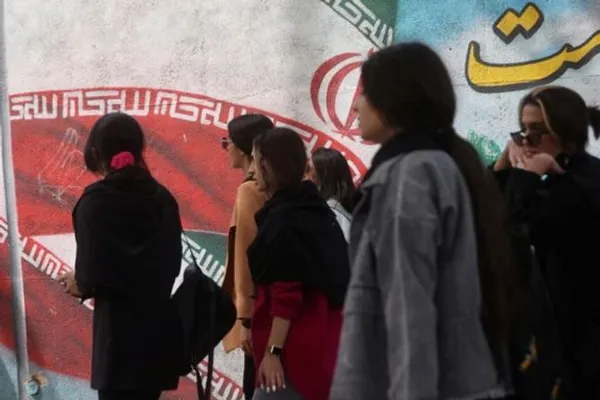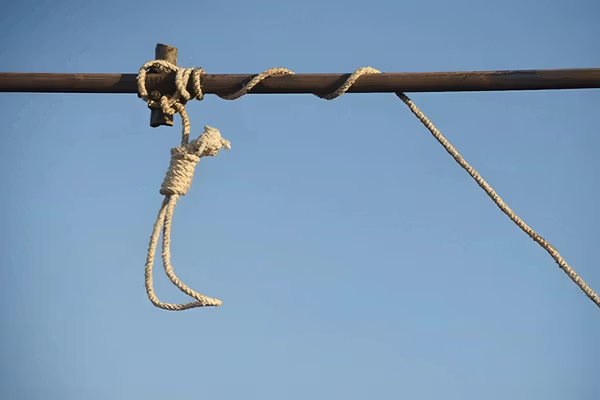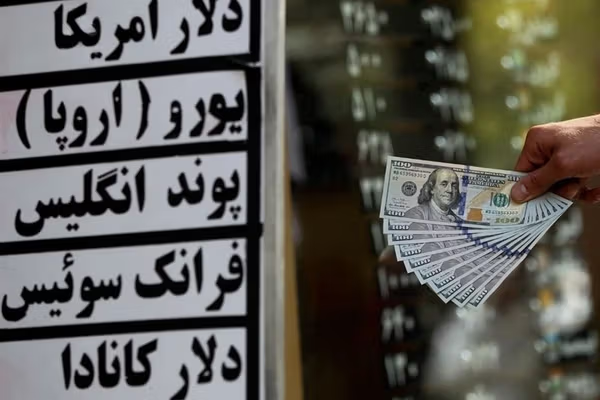
Iranian youth facing chronic anxiety as living costs climb - Tehran daily
Young middle-class Iranians are getting increasingly anxious about slipping into poverty, despite salaries that once signaled stability but now fail to cover even routine expenses, Iran’s reformist Shargh daily warned in a weekend report.


















